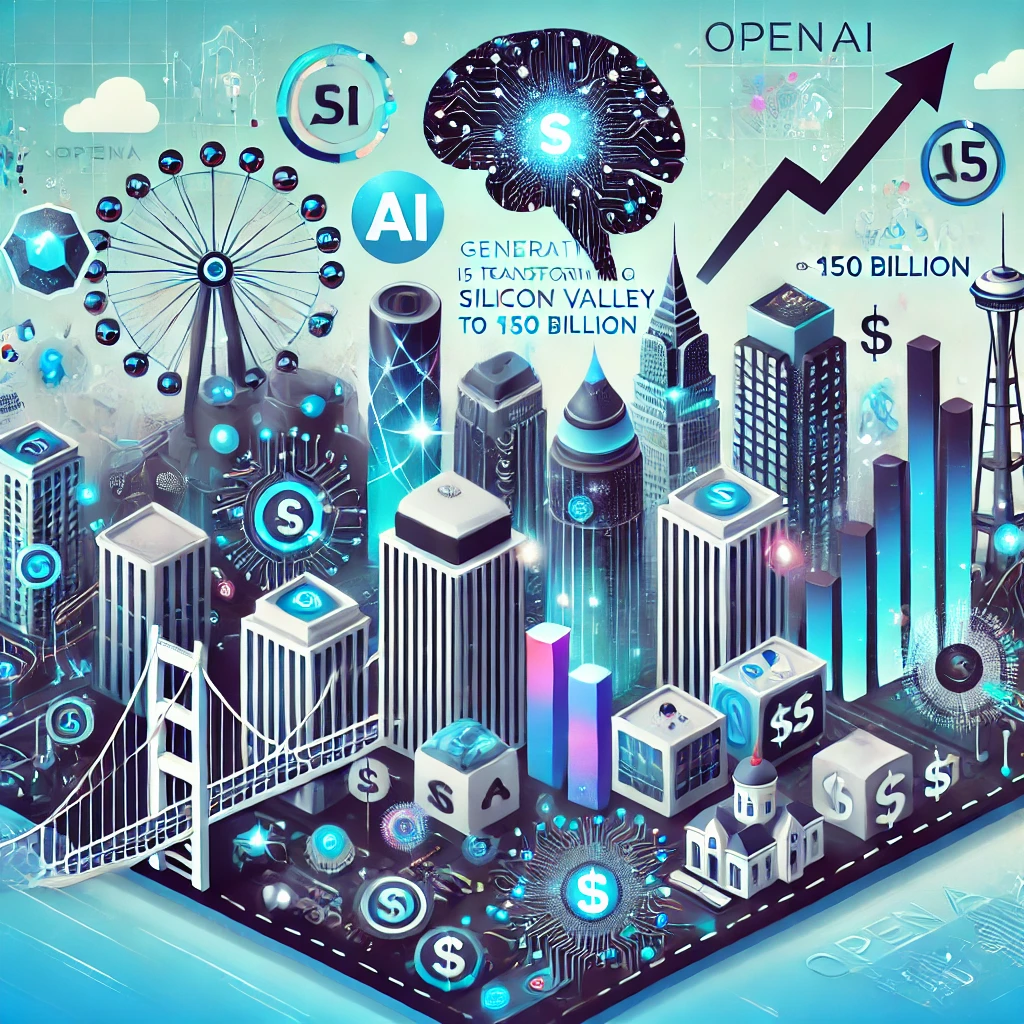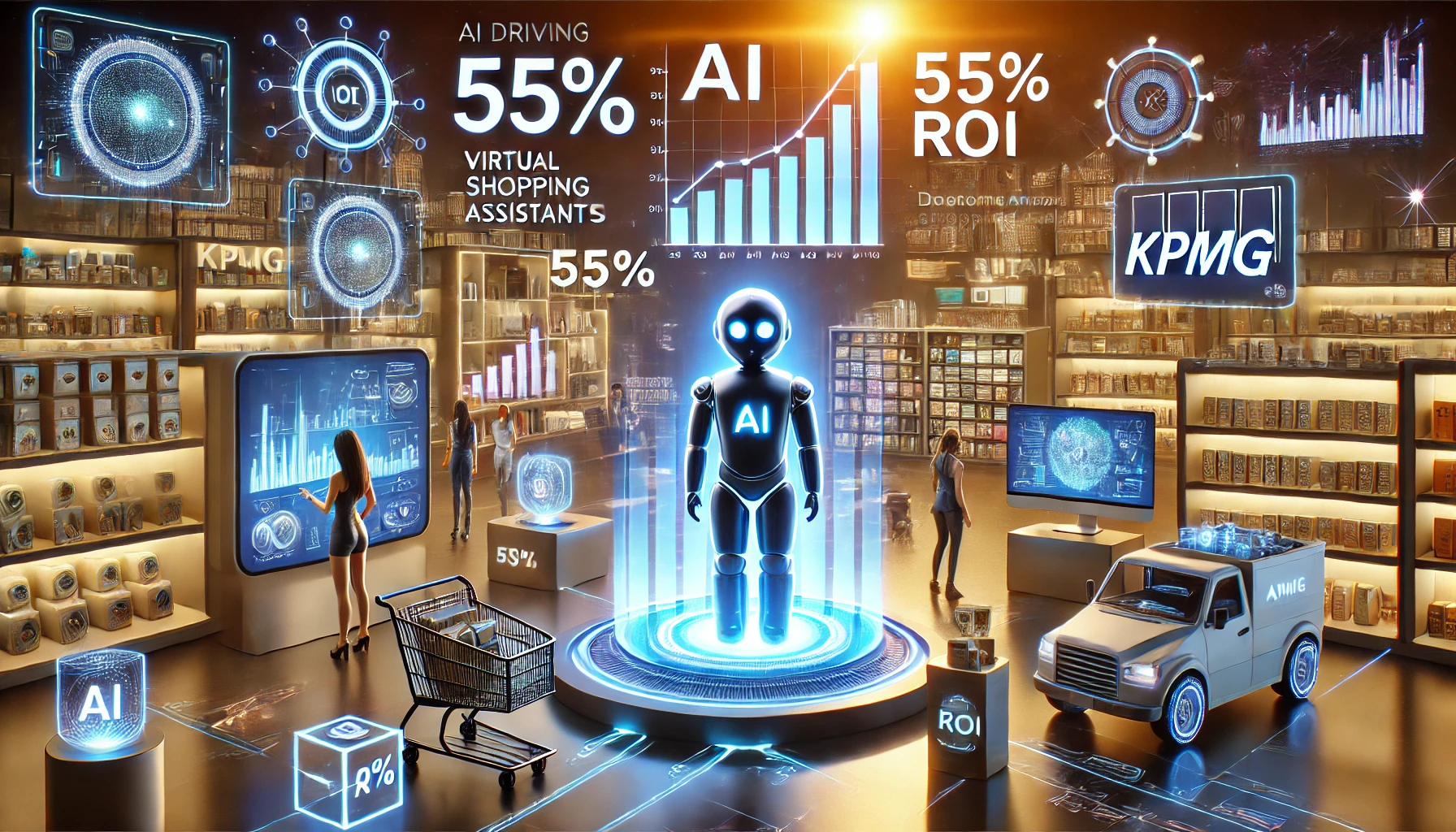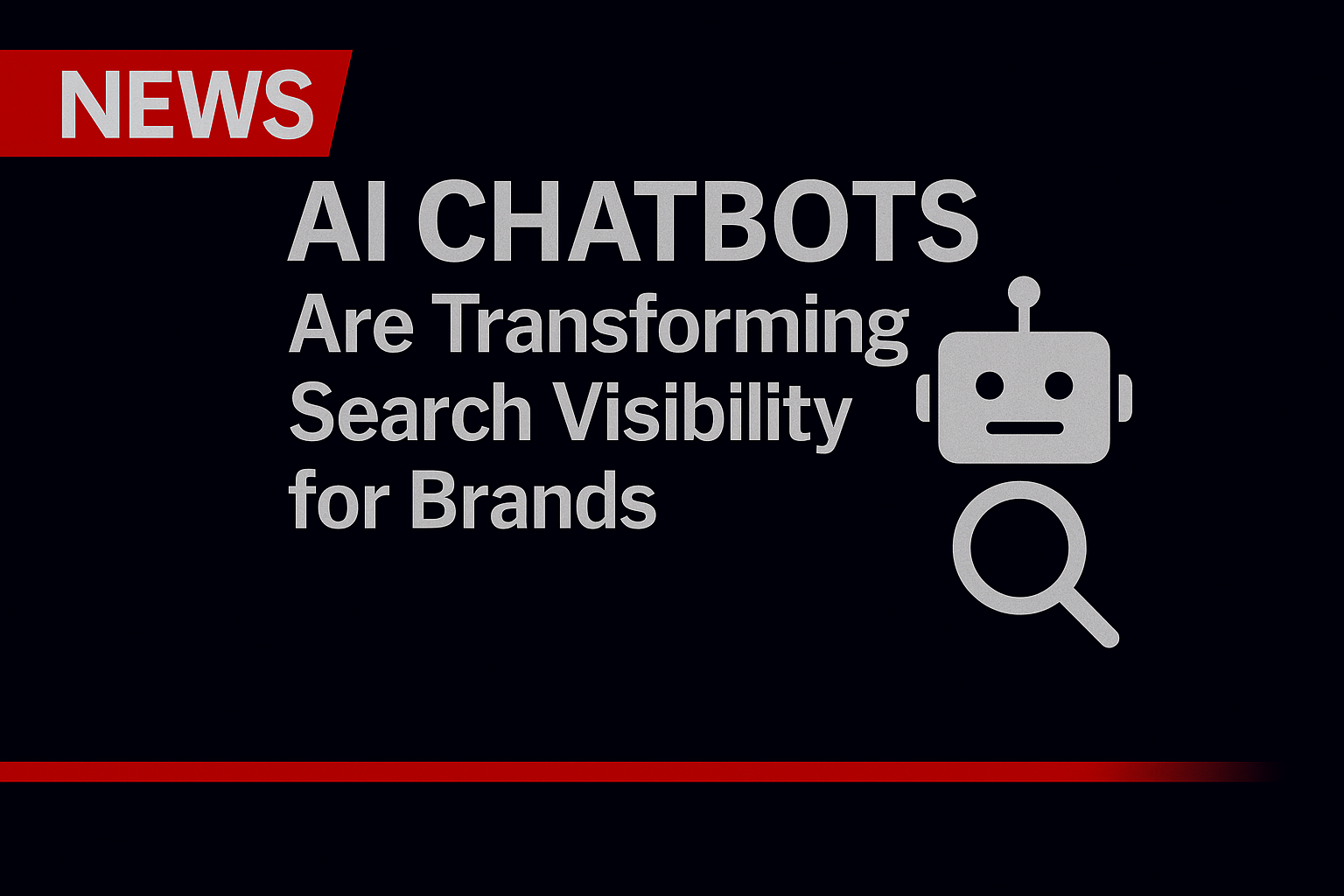Generative AI is rapidly reshaping Silicon Valley, revolutionizing industries from tech to healthcare, and placing artificial intelligence at the forefront of innovation. At the heart of this transformation is OpenAI, the company behind popular AI models like ChatGPT, which has seen its valuation skyrocket to an estimated $150 billion. This remarkable growth underscores the increasing demand for AI-driven tools and the profound impact generative AI is having across sectors.
The Power of Generative AI
Generative AI refers to the technology that allows machines to generate human-like content, whether in the form of text, images, music, or even code. Tools like ChatGPT and DALL-E, developed by OpenAI, have demonstrated the potential to automate creative processes, solve complex problems, and improve efficiency across a wide range of applications. From drafting legal documents to creating marketing copy and generating art, generative AI is enhancing productivity and enabling new forms of creativity.
OpenAI Leading the Charge
OpenAI, founded in 2015, has emerged as a leader in the generative AI space, with its flagship products, including GPT-3 and GPT-4, setting new standards for AI capabilities. With its valuation now reaching around $150 billion, OpenAI’s growth reflects the massive potential of AI technology. The company’s models are widely adopted by businesses seeking to streamline operations, enhance customer experiences, and automate routine tasks.
OpenAI’s success is built on its ability to develop scalable AI models that can be applied to various industries. Its partnerships with major corporations, such as Microsoft, have helped fuel this expansion, enabling wider access to AI tools through platforms like Microsoft Azure.
The Ripple Effect on Silicon Valley
The rise of generative AI has caused a ripple effect throughout Silicon Valley. Startups and established tech giants alike are racing to develop their own AI-driven solutions, hoping to capitalize on the growing interest in generative AI tools. Venture capital firms are pouring billions into AI startups, driving innovation and creating a competitive landscape in the AI sector.
As OpenAI continues to expand its offerings, other companies are focusing on niche applications of generative AI, from personalized AI assistants to automated content creation platforms. This surge in AI-driven innovation is transforming industries such as healthcare, where AI is being used to assist in diagnostics and drug discovery, and entertainment, where AI-generated scripts and music are gaining traction.
AI’s Role in the Future of Work
Generative AI is also poised to reshape the future of work. By automating time-consuming tasks, AI allows employees to focus on higher-level strategic thinking and creativity. As more companies integrate AI into their workflows, the demand for skilled professionals who can develop, manage, and operate AI systems is growing. Silicon Valley companies are increasingly looking to hire AI engineers, data scientists, and AI ethicists to ensure responsible development and implementation of these technologies.
Ethical Considerations and Challenges
Despite the excitement surrounding generative AI, there are ethical challenges that come with its rapid adoption. Concerns around bias, privacy, and misinformation are at the forefront of discussions about AI’s role in society. As generative AI tools become more powerful, ensuring they are used ethically and responsibly is critical. OpenAI has emphasized its commitment to AI safety, but the broader tech community continues to grapple with the potential risks of AI misuse.
Conclusion
Generative AI is transforming Silicon Valley, driving innovation and reshaping the tech landscape. With OpenAI’s valuation soaring to $150 billion, the future of AI looks bright. As more companies invest in generative AI tools, the technology will continue to expand its influence across industries, creating new opportunities and challenges for businesses and individuals alike. As this transformation unfolds, ensuring responsible and ethical AI development will be key to harnessing its full potential.





